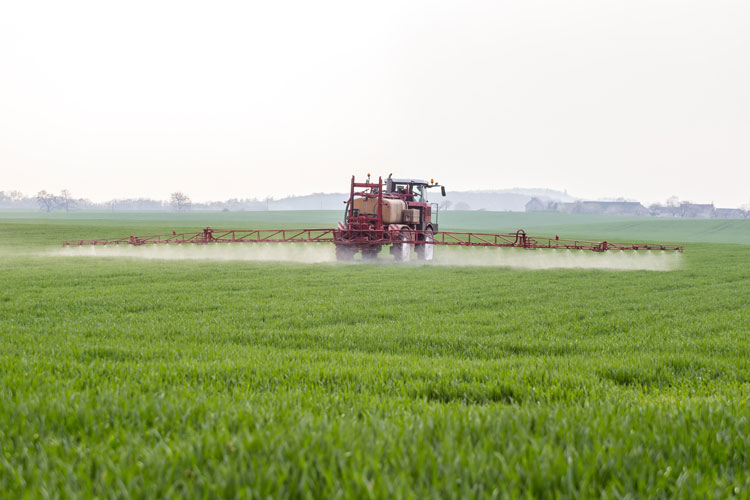
Even though the U.S. Environmental Protection Agency (EPA) and the European Chemicals Agency have declared that glyphosate is safe and not carcinogenic, Austrian lawmakers voted to ban the herbicide first introduced into the U.S. market in 1974.
Austria’s lower house of parliament passed a bill banning all uses of the weed killer on July 2, and it’s expected that the country’s upper house will take similar action the week of July 8. Most pundits expect the measure to be passed and signed into law. If this takes place, the glyphosate ban would likely take effect on January 1, 2020.
Murky water
Whether or not the Austrian vote will stand up to legal challenges is an unresolved question. Glyphosate has been cleared for use in the entire European Union (EU) through 2022. Some legal experts suggest Austrian’s vote and, more importantly, the pending ban could be illegal under EU law.
There’s another issue at play . . . Austria is home to the largest organic land base.
While all of Europe combined only has 7 percent organic farm acreage, Austria has the largest organic farm base at just over 23 percent. That makes banning the herbicide a more politically savy decision, as the product cannot be used on organic farm fields.
Minimal in-country impact
While the Austrian vote is mostly symbolic because the country has a small market for glyphosate, known commercially as Roundup, the ban could cause other nations to take a closer look at the merits of such a law. Also, it further muddies the water as Bayer battles lawsuits involving an estimated 13,000 plaintiffs, according to The Wall Street Journal.
Those who oppose glyphosate hang their hat on a 2015 classification by the World Health Organization that the product has the potential to cause cancer in humans. Again, that ruling is contrary to position statements by a number of other leading institutions.
World’s most widely used herbicide
There is no question that glyphosate is the world’s most popular herbicide to control weeds. After the last patent on Roundup expired in 2000, a host of generic products were introduced into the marketplace by competitors to Monsanto, and later Bayer, the company that purchased Monsanto.








